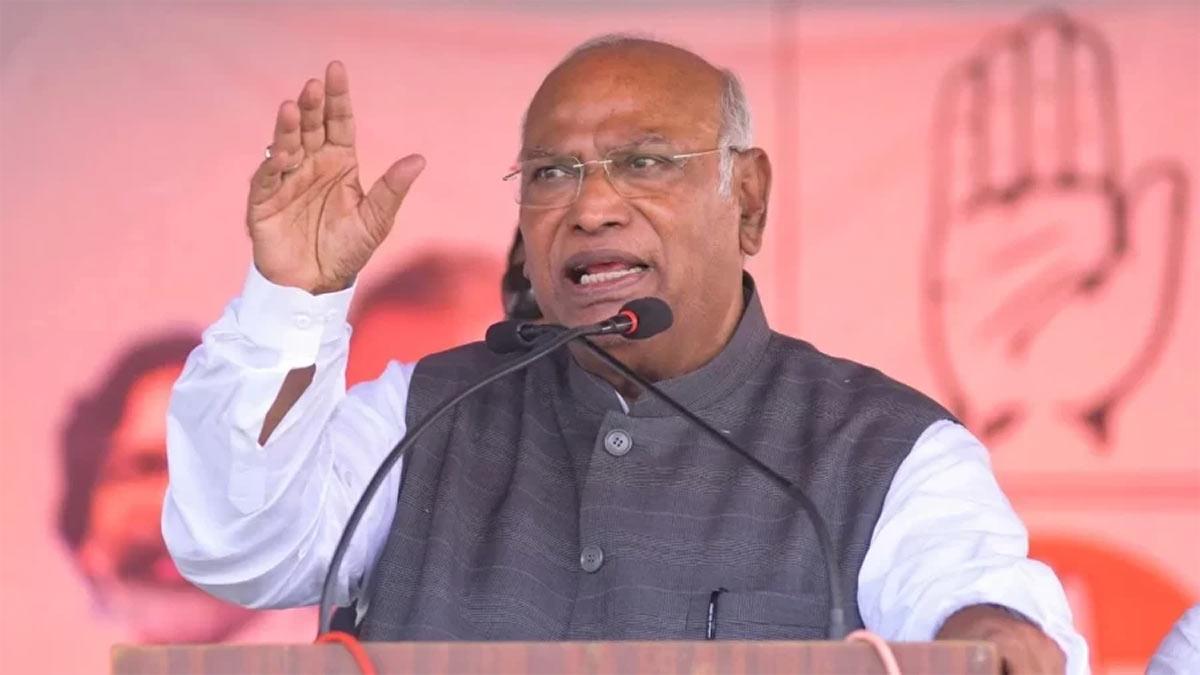India may be severely threatened with its internal stability and security architecture because of a potential convergence of China, Pakistan, and Bangladesh's interests, Chief of Defence Staff (CDS) General Anil Chauhan issued a warning on Tuesday.
Addressing a forum hosted by the Observer Research Foundation, Gen Chauhan compared the military clash between India and Pakistan from May 7 to 10 as perhaps being the first direct confrontation of two nuclear-capable countries.
Discussing increased China-Pakistan cooperation, he mentioned that 70 to 80 percent of Pakistan's military equipment purchases over the last five years have been from China. He also noted that Chinese defence firms have commercial obligations in Pakistan.
Gen Chauhan pointed out the manner in which financial instability among many Indian Ocean countries has enabled external powers to exert their influence that may increase India's vulnerabilities.
"There is a potential convergence of interests we can discuss between Bangladesh, China, and Pakistan that could have implications for India's stability and security matrix," he stated.
His comments came as India-Bangladesh diplomatic relations worsened, especially after the former Prime Minister Sheikh Hasina fled to India after her removal in Dhaka last August.
While referring to Operation Sindoor, Gen Chauhan underlined the potential to expand traditional warfare into new areas like cyber and electromagnetic spaces in order to create more strategic space.
He explained that there was no unusual Chinese military activity observed on the northern border during the India-Pakistan confrontation.
"Perhaps this is going to be a brief war. That is an assumption I can make. But it is a fact that there was no action along the northern border (by the Chinese militaries)," he declared.
The CDS also explained the China-Pakistan defence alliance in greater detail.
In the last five years, Pakistan has procured nearly 70 to 80 per cent of its weaponry and arms from China. That's a fact. A logical assumption would be that Chinese OEMs (original equipment makers) will have commercial liabilities which they need to fulfill and will have people in Pakistan," he clarified.
He also pointed to India's decisive refusal to accept Pakistan's nuclear threats.
"India has also declared it won't be intimidated by nuclear blackmail. I believe Operation Sindoor is the only instance of a war between two nuclear weapon states," Gen Chauhan stated.
Referring to the international importance of the encounter, he said that while many wars have occurred since the invention of nuclear weapons, this would have been the first one in which two nuclear states were directly engaged.
"So Operation Sindoor, in that sense, is somewhat a one-off, and it can teach not only the subcontinent, but the world, something," he averred.
Setting out the reasons why room for normal military action exists, he listed three principal reasons.
"First is India's doctrine of nuclear, that there's no first use. I believe that gives us strength and that helps in making this particular space between us and Pakistan," he said.
"Second is how they reacted in fact. When India went to retaliate, we targeted terrorist camps in reaction to the terror strike as part of a strategy for prevention. You can call it revenge, you can call it retribution, but that should deter future attacks."
He explained that Pakistan was the one who escalated the conflict into a completely conventional war.
"Escalation to a conventional space was in Pakistan's hands. Therefore, it limits its choice to raising the level of this nuclear conflict," Gen Chauhan said.
He argued that there is still scope for the evolution of conventional war strategies.
The fourth emerging military challenge is growing vulnerabilities to long-range vectors and long-range precision flights. No foolproof defense has yet been developed for ballistic missiles, hypersonics, cruise missiles, and mass attack by drones or loitering ammunition," he alerted.
Discussing the changing pattern of today's combat, Gen Chauhan added that India needs to prepare itself for a hybrid spectrum of war—irrespective of traditional warfare to newer technology-based threats.
"Second is to maintain a high level of operational readiness, 24/7 and 365 days," he further stated.
Gen Chauhan concluded by extending accolades for the excellent coordination between India's three armed forces during Operation Sindoor, and stated that there was total operational synergy between the Army, Navy, and Air Force during the operation.
Read also| Rajshree More Alleges ‘Half‑naked, Drunk’ Abuse by Raheel Sheikh, Son of MNS Leader


















